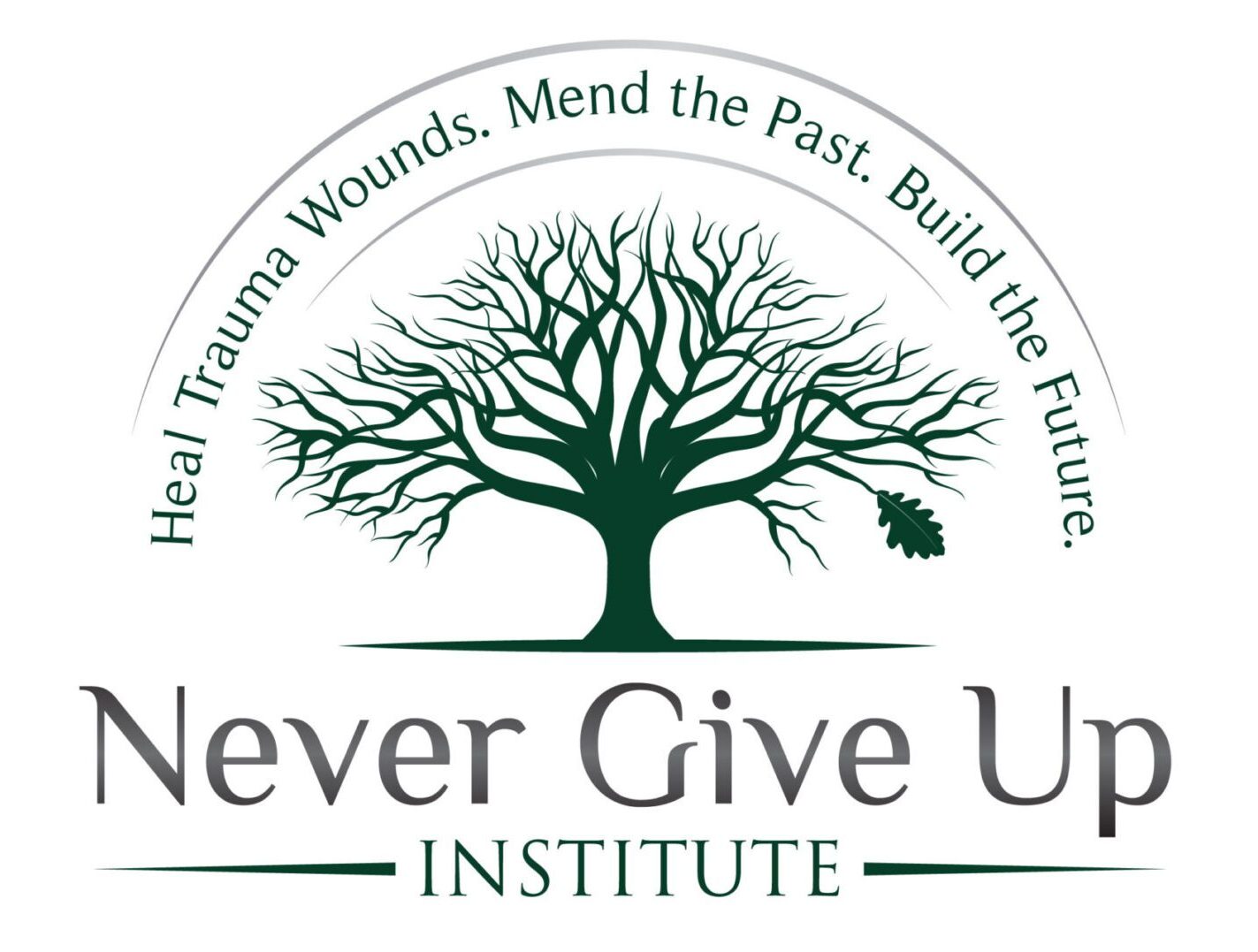 This article comes from the American Society for the Positive Care of Children (American SPCC). I thank SPCC for allowing me to reprint this article.
This article comes from the American Society for the Positive Care of Children (American SPCC). I thank SPCC for allowing me to reprint this article.
Beyond Abuse Prevention: It’s more than physical
Trauma and abuse can take many forms including physical, emotional, verbal, sexual, neglect, exploitation, and more. When we speak of child maltreatment, we normally first think of physical abuse, but the shocking truth is that neglect is the number one form of child abuse in America.
What signs should parents or other caregivers notice to identify the various types of abuse?Â
Every individual responds different to the trauma of abuse, but these are some common indicators to look out for:
- Physical Abuse: Unexplained bruises, welts, burns, or other injuries
- Emotional Abuse: Overly adoptive behaviors including inappropriate adult behavior and Inappropriate infant behavior
- Physical or Emotional: Behavioral extremes including aggressiveness, withdrawal, frightened of parents, and afraid to go home
- Sexual: Pain or itching in genitalia area or bizarre, sophisticated, or unusual sexual behavior or knowledge
- Neglect: Consistent hunger, poor hygiene, inappropriate dress, and consistent lack of supervision, especially in dangerous activities or long periods
Create safe spaces for your children to communicate big feelings with you. It’s important that you validate their feelings for the small things, so when big things happen, they know you will be there for them.
When should I report abuse?
Familiarizing yourself with the signs and symptoms of a child’s maltreatment and recognizing it is essential to prevent a child from further abuse and harm and allow them to begin the process of healing.
Any Mandated Reporter will tell you that when in doubt, report.Â
For lots of people, reporting can feel scary because we don’t want to be the cause of children being removed from their homes. The intake professionals at your state agency are highly trained, and it will be up to them on how to move forward in a way that is safest for the child, which does not always include family separation.
It’s also important to note that potential signs of abuse that are connected to neglect may sometimes be indicators of poverty rather than negligence. In these instances, homes are full of love but lack the resources to provide the way that they would want. Rather than reporting abuse, in this case, consider asking if the parents are receiving all the public benefits available to them in your area, so they can more fully provide a home where children are well fed, clothed, and rested.
When parents have necessary resources and knowingly deprive children of their basic needs, unfortunately that is considered neglect. There is a drastic difference between a family-unit that is filled with love and care, versus a situation that deprives children of their basic needs. It’s important to be mindful of the nuances of circumstances. However, ultimately our number one priority must be the safety of the child. It truly takes a village to raise happy and healthy children.
Let’s lift people up if we can, and become advocates and safe havens for children who need us most.
What if I realize I have been unintentionally causing my child harm?
Realizing when our parenting has its own imperfections that may impact our children is a huge step in healing families. Nobody is perfect. It is never too late to acknowledge our own traumas to adjust our individual parenting styles to better meet our and our children’s physical and emotional needs.
The best thing parents can do is to educate themselves on their ACES in combination with evidence-based parenting styles to build tools to create positive environments that raise children to be happy, healthy, and well-adjusted adults. Self-awareness takes time, patience, and a lot of giving grace to yourself; but you’re not alone!
Alexis Acker-Halbur is an award-winning author and medical miracle. Child abuse made her seriously ill and put her in harm’s way many times. She survives and shares her experiences and tools with women and men who are or have been traumatized.

You must be logged in to post a comment.